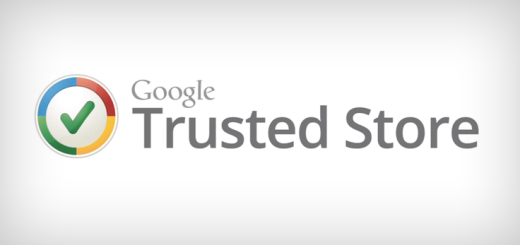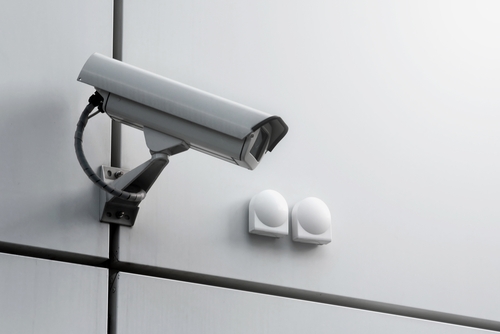Setting a retail price can be a real business challenge. You want the price to be low enough to make the sale but high enough to make a worthwhile profit. Striking this balance can be especially difficult for small businesses that don't have a specific finance team devoted to developing a pricing strategy. However, determining an effective price is just as important for small retailers as it is for larger enterprises. Here are three tips for effectively using your pricing guns:
1. Adhere to the basic rules
Though prices of merchandise vary by product and store, there are a few basic rules retailers should follow when determining what to charge for an item. According to Entrepreneur, prices need to be determined, they should cover the cost of the product, account for the profit and they need to be reviewed frequently to account for changes in market demand and competition.
2. Follow your brand
Does your retail store brand itself as a money-saving solution, or does your identity carry an high-end air of sophistication? Part of your pricing decisions should depend on your brand identity. For example, Wal-Mart wouldn't price their apples at the same point Whole Foods would. Even though it's the exact same product, Wal-Mart brands itself as a cost-effective solution for families. Whole Foods, on the other hand, prides itself on selling high-quality items that are reflected in the price points. Though the price should always remain within reason, your store's branding strategy should play a role in it.
3. Close the price gaps
James Sills, CEO of pricing and promotions management firm Clear Demand, suggests staying 5 percent above or below the price at which competitors are selling the product. This may require some online research or physically going to your competitors and asking about their pricing strategies. Remember, they may not willingly give this information to local retail opponents. Therefore, you may have to venture into a similar retail store in another town to obtain this type of information, where your success won't directly influence theirs.
Pricing strategies dive deep into the particulars of your business. In order to determine a price that will boost the success of your retail store, you need to have a solid understanding of the market for your merchandise and know what expenses you need to cover.



